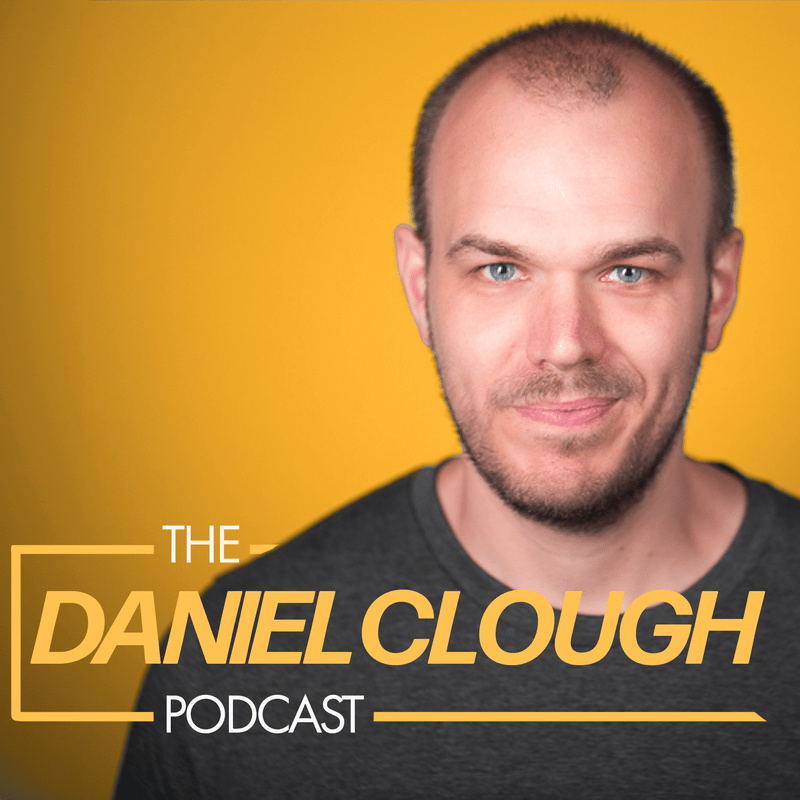
The Daniel Clough Podcast is now out on Spotify, Apple, YouTube, and anywhere else you listen to podcasts. 🎉
I’ve really gone down the rabbit hole on building foundational health habits into my life over the last couple of years.
In fact, this month is my 25th month of tracking them on a daily basis. Every day, I put a tick or a cross next to each habit. And at the end of every month, I look at my overall results and try to improve for the following month.
It’s been completely transformational. I’m a completely different human being. Someone who is more confident, more positive, more disciplined, looks healthier, and is healthier.
I’ve had to learn a ton along the way. I’ve had to shift my mindset to be able to build these habits. I’ve had to learn, through trial and error, the strategies to successfully build each one. And I’ve had to learn how to build a system of accountability around me.
So, I’m super excited to launch a podcast on exactly this topic. The Daniel Clough Podcast will delve deep into the power of building foundational health habits. I’m looking forward to continuing to document my own journey, and sharing strategies for how you can build foundational health habits into your own life.
If you’re up for some transformation in your life in 2024, please give it a listen!
Three episodes are live now (my journey with foundational health habits, introducing each of the eight habits and sharing my goals for 2024). And there will be weekly releases from here.
Enjoy it. And I’d love any feedback!
Cheers,
Daniel
Get my ideas straight to your inbox. Sign up for my newsletter below: